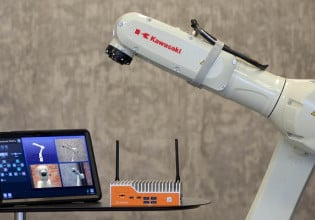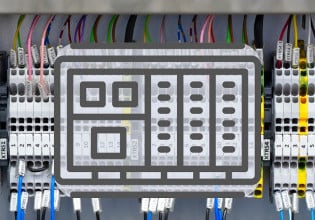M
Hi,
I am writing a modbus TCP/IP master (client) that should be able to talk to many slaves (servers). My question is: If, for example, I am talking to 15 slaves, should I keep 15 TCP/IP connections at the same time or shall I just use 1 connection that I close after finishing with slave 1 and reopen for slave 2 and so on?. I don't seem to find the answer in TCP/IP implementation guide.
Thanks.
I am writing a modbus TCP/IP master (client) that should be able to talk to many slaves (servers). My question is: If, for example, I am talking to 15 slaves, should I keep 15 TCP/IP connections at the same time or shall I just use 1 connection that I close after finishing with slave 1 and reopen for slave 2 and so on?. I don't seem to find the answer in TCP/IP implementation guide.
Thanks.






